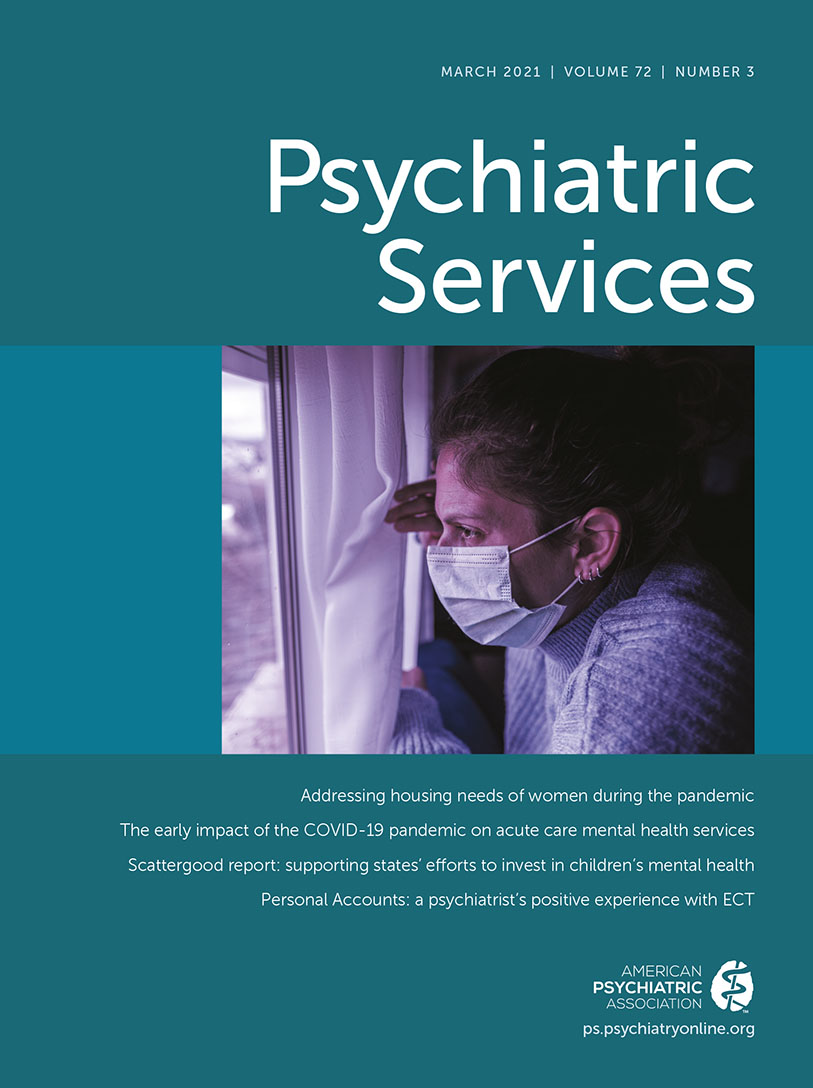Rates of Cognitive and Functional Impairments Among Sheltered Adults Experiencing Homelessness
Abstract
Objective:
This study examined rates of objective cognitive and functional impairments and associations between cognitive performance and performance-based functional capacity in a well-characterized sample of adults experiencing homelessness.
Methods:
One hundred participants completed a brief neuropsychological and functional capacity assessment and self-report questionnaires. Cognitive impairment rates were determined by comparing mean scores with published normative data, as well as by examining frequency of scores >1 SD below the mean. Pearson correlations were used to examine associations between cognitive and functional capacities.
Results:
Overall, 65% of the study participants had scores in the cognitively impaired range on a brief cognitive screening test, 30% had impaired processing speed, and 11% met cognitive criteria for intellectual disability. Furthermore, 48% of the sample met functional impairment criteria, and poorer cognitive performance was strongly associated with poorer performance-based functional capacity (p<0.001).
Conclusions:
Cognitive and functional impairments are common among sheltered adults experiencing homelessness, underscoring the need for routine objective cognitive screening and rehabilitation services.



